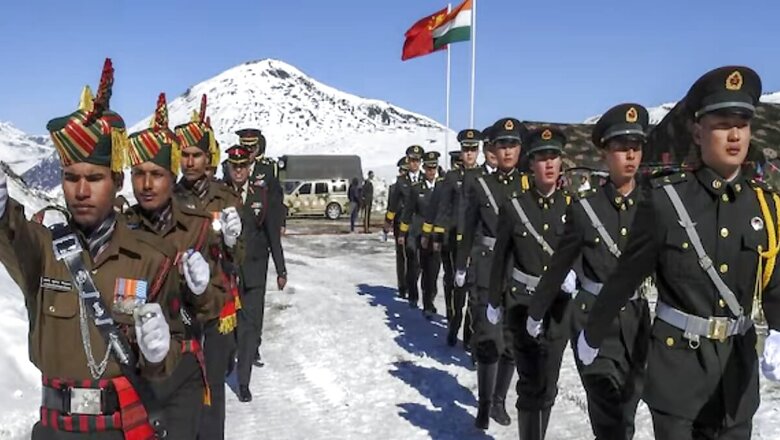
views
India and China have reached an agreement on disengagement and border patrol along the Line of Actual Control (LAC) in the border areas, said the Minister of External Affairs on Monday ahead of Prime Minister Narendra Modi’s visit to Russia for the BRICS summit.
Ties between the neighbours have been strained since clashes between their troops left 20 Indian and four Chinese soldiers dead in 2020. Since then, the border standoff continued as multiple rounds of military and diplomatic discussions did not reap results.
External Affairs Minister S Jaishankar termed the development in India-China ties as “good and positive”.
“What the Foreign Secretary has said I can also say we have reached an agreement. We can say that disengagements with China has been completed. There are areas which for various reasons after 2020 have been blocked by both sides. The understanding to my knowledge is that we will be able to do patrolling now like in 2020. It is a good and a positive development,” Jaishankar said at a NDTV event.
India-China border areas
During a special MEA briefing in New Delhi, Foreign Secretary Vikram Misri said the agreement between the two sides was reached after diplomatic and military negotiators held several rounds of talks over the past few weeks.
“…Indian and Chinese diplomatic and military negotiators have been in close contact with each other in a variety of forums and as a result of these discussions, an agreement has been arrived at on patrolling along the Line of Actual Control in the India-China border areas, leading to disengagement and resolution,” Misri said.
Defence officials said that several meetings have happened in the past few months in which the MEA and the Indian Army was involved.
“Several conditions have been put for patrolling in areas where disengagement has already happened, but for Depsang and Demchok, it was a big issue as we have engagement at these friction points,” officials told CNN-News18.
“The process that was currently on was for patrol points at these locations. There are more than 5 patrol points at these locations. Design of the whole process can not be made public as both the countries are still working to implement decisions on ground but it is going in a positive direction,” they added.
In response to a question on a possible bilateral between Modi and Chinese President Xi Jinping on the sidelines of the BRICS, Misri said, “As far as the question on the bilateral meetings is concerned, this is a multilateral event, though there is always a provision for bilateral meetings on the sidelines. We are currently looking over the overall program of the prime minister. There are a lot of requests for bilateral meetings and we will update on the bilaterals as they evolve.”
Prime Minister Modi will attend the BRICS summit in the Russian city of Kazan this week. He will pay a two-day visit to Kazan beginning Tuesday to attend the BRICS summit following an invitation by Russian President Vladimir Putin. On Friday, Russian Ambassador to India Denis Alipov said new members are expected to join BRICS and that this expansion would solidify the grouping as a significant platform for advancing the Global South’s interests.
BRICS 2.0
He said this during an online conference ‘BRICS 2.0: New Members, New Horizons’, ahead of the BRICS summit next week in Kazan, Russia. Russia is currently the Chair of BRICS, an important grouping that brings together major emerging economies of the world. It started as BRIC with four countries – Brazil, Russia, India and China, with South Africa joining the bloc in 2010, thus it later assumed the nomenclature of BRICS.
The grouping was further expanded last year. BRICS has become an influential platform for developing and emerging economies to take forward a rich agenda and to promote democratisation of global governance “reflective of our growing influence”, the Russian envoy was quoted as saying in his keynote address at the conference.











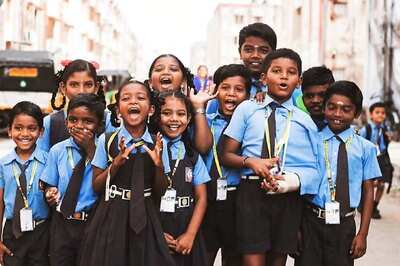

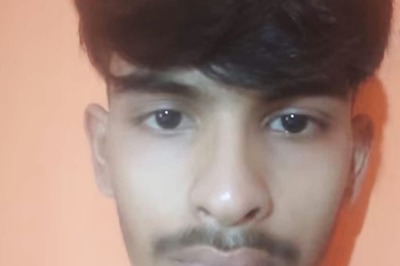

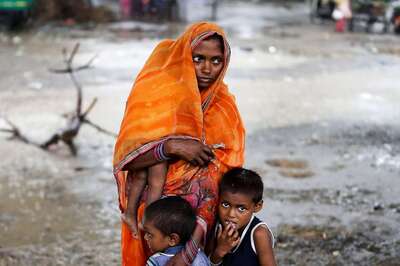
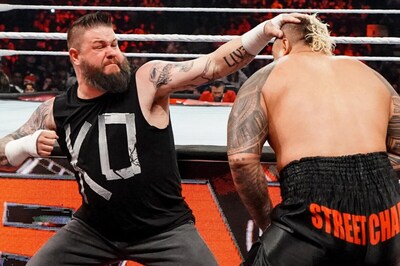



Comments
0 comment